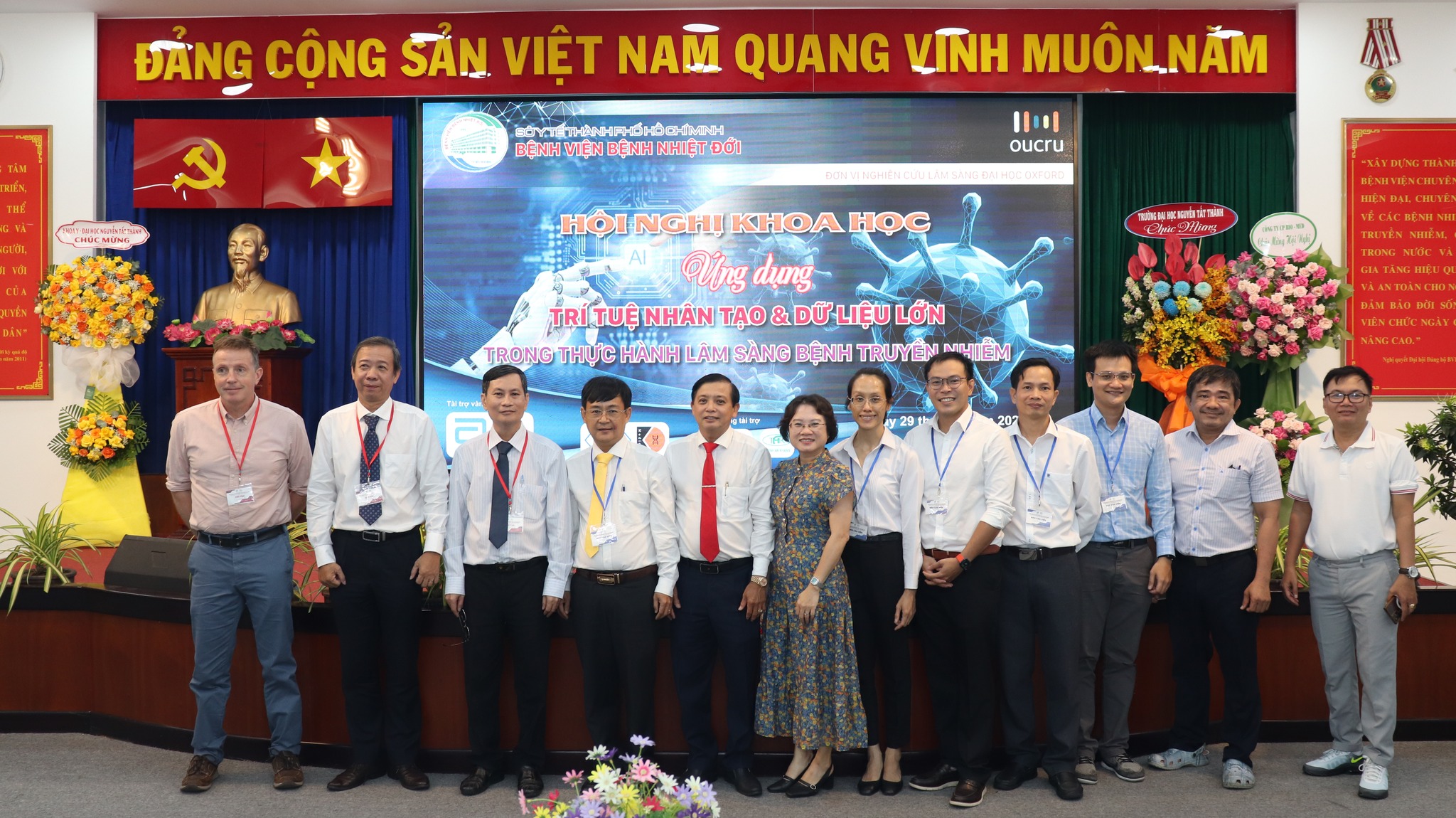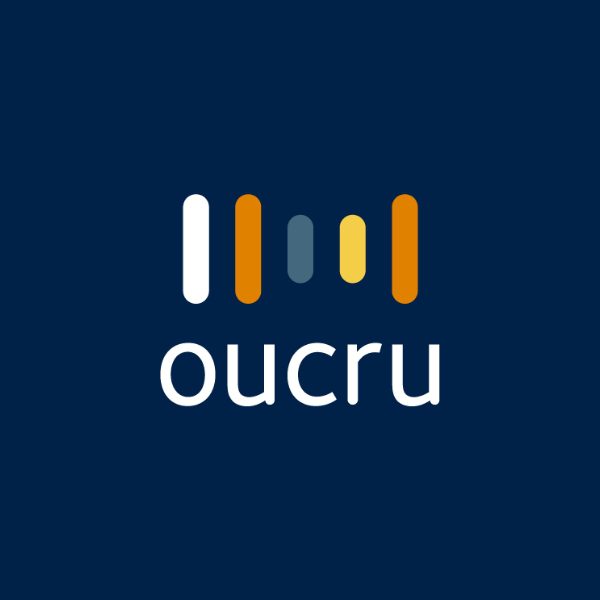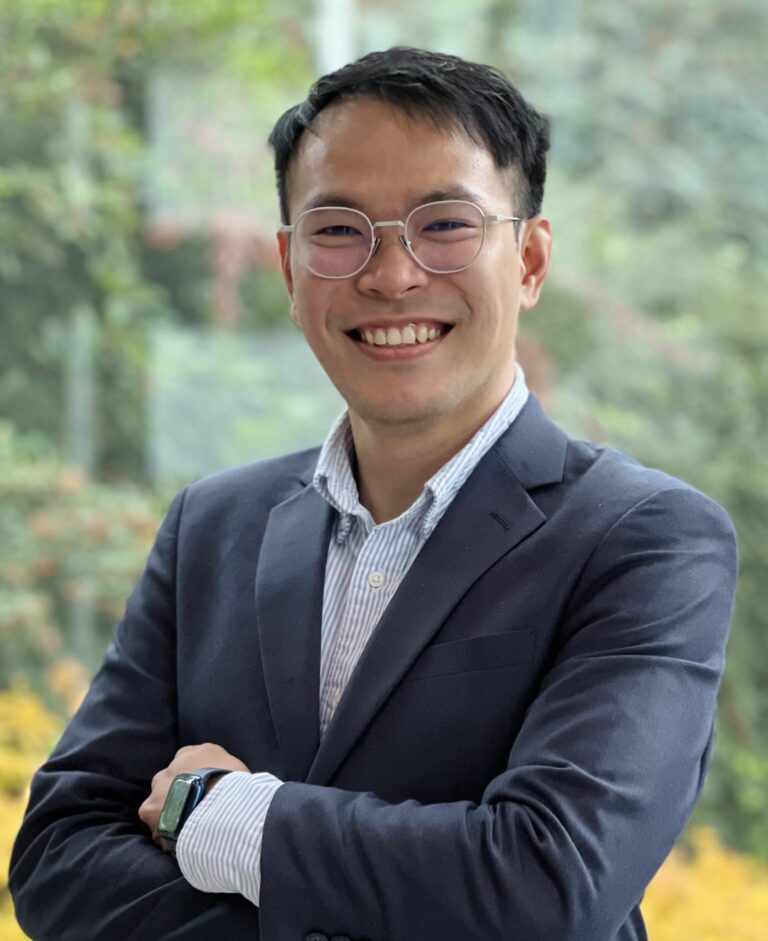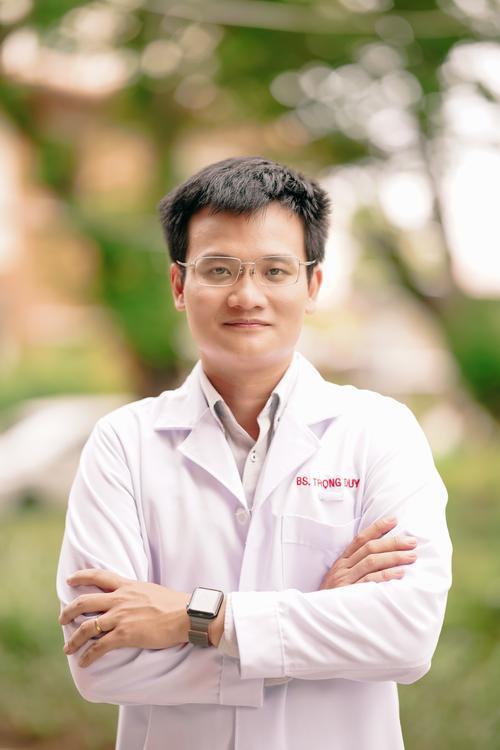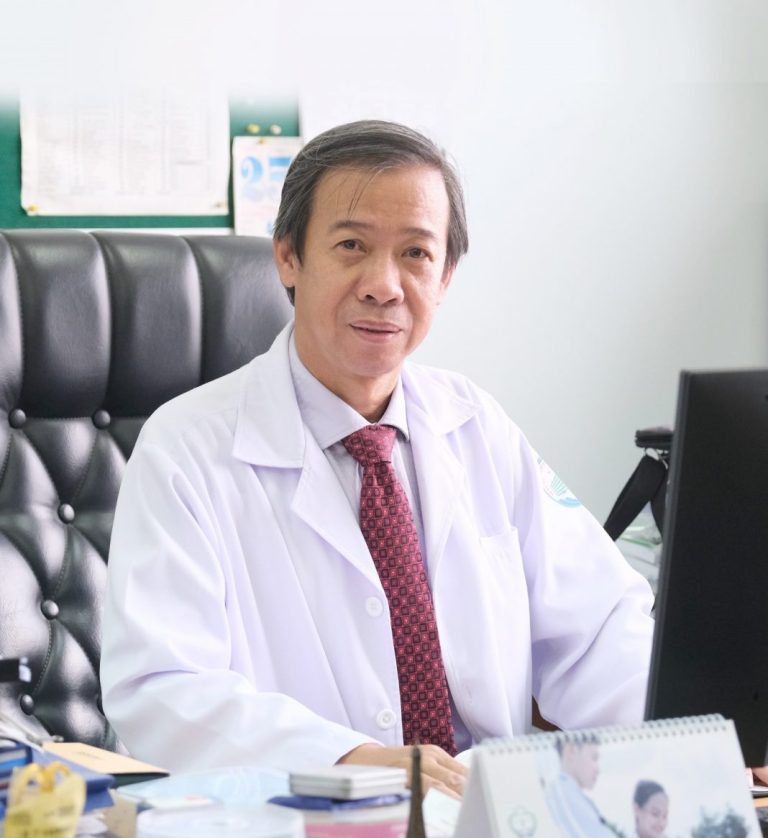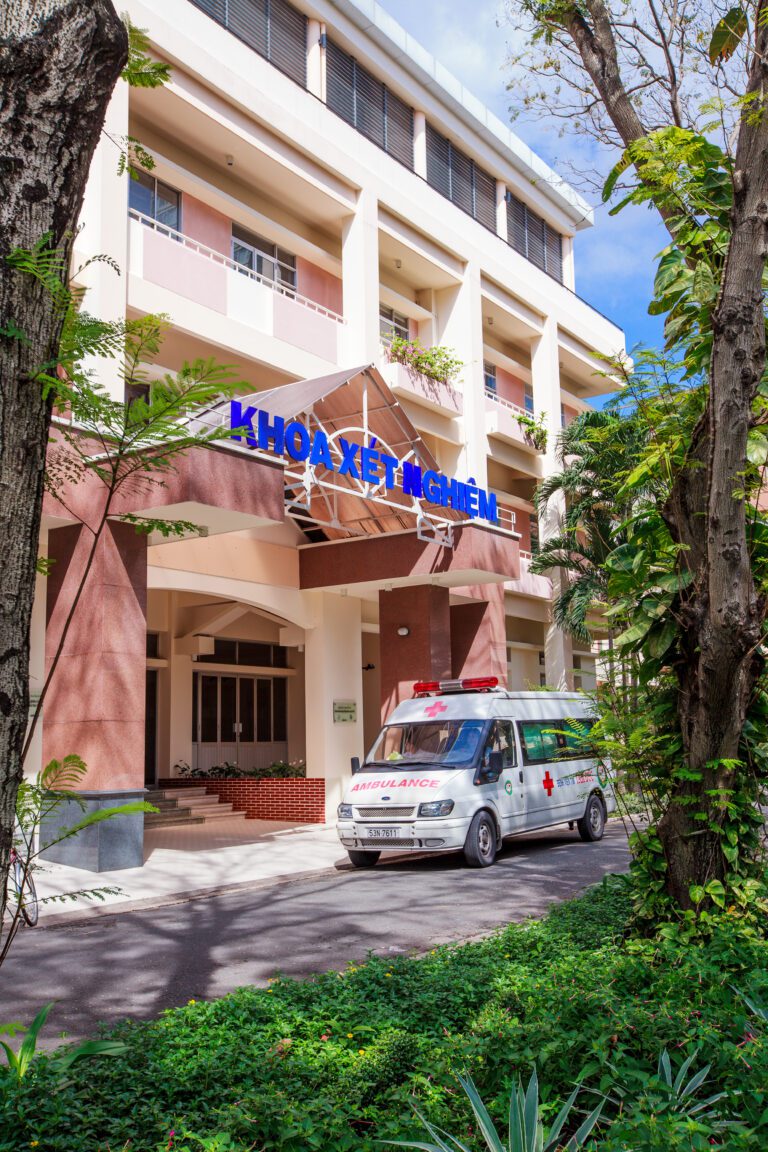The event brought together doctors, researchers, and public health leaders from across Vietnam and beyond, highlighting a growing momentum to bring digital innovation into frontline clinical care.
Opening the event, Dr Nguyễn Thành Dũng, the hospital’s Director, underscored how technologies like AI and Big Data can strengthen diagnosis, treatment, and prevention. He also highlighted the importance of bridging clinical practice with advanced technology to enhance the quality of patient care, especially in the field of infectious diseases, which often pose complex and unpredictable challenges.“
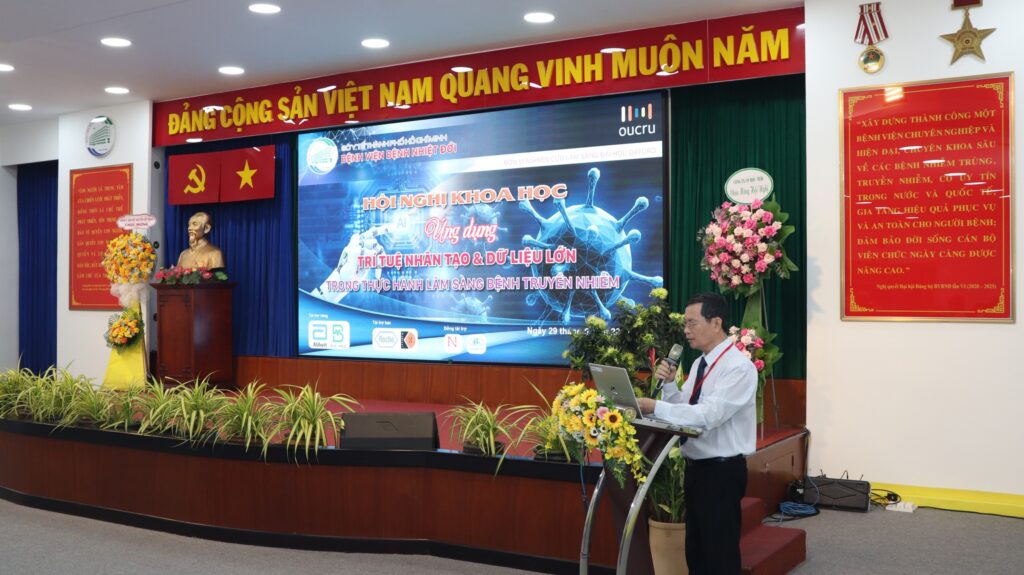
OUCRU Director Professor Guy Thwaites echoed this message, stressing the value of locally led research. “Dengue, and many other tropical infectious diseases, isn’t a concern in most high-income countries,” he said. “So if we don’t lead this work, no one else will. That’s the essence of locally driven research.”
He added that while AI is often developed in high-income countries, its most meaningful impact may be in LMICs, such as Vietnam, where the disease burden is high and the solutions must be tailored to local realities. “By working closely with local hospitals like the Hospital for Tropical Diseases in Ho Chi Minh city, we ensure theses technologies are not only innovative but also practical.”
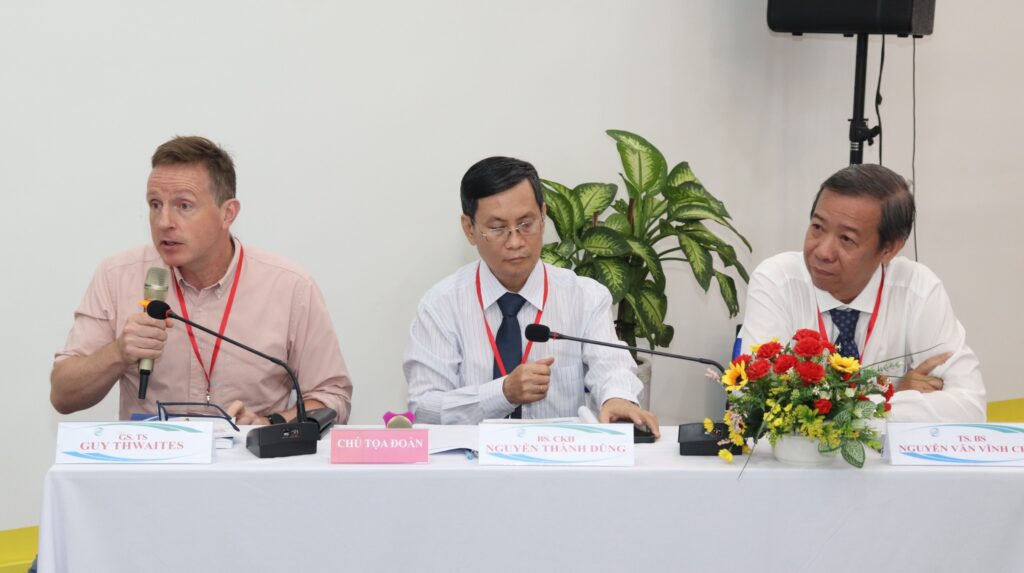
The conference featured six focused presentations, including AI tools for clinical workflows, electronic health records to improve patient care, AI-assisted dengue treatment, predictive models for severe tetanus, and AI-integrated ultrasound for muscle monitoring in tetanus patients. These talks highlighted innovation in action and the ongoing challenges of managing infectious diseases. What stood out was the strong connection between research and real-world application; many of these tools are already being tested in Vietnamese labs and the Hospital for Tropical Diseases in Ho Chi Minh City.
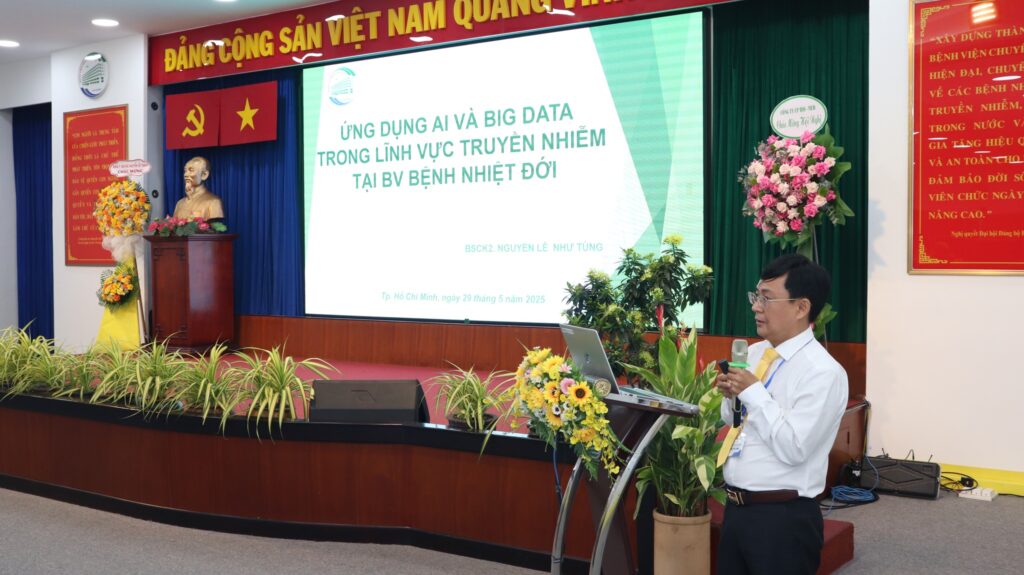
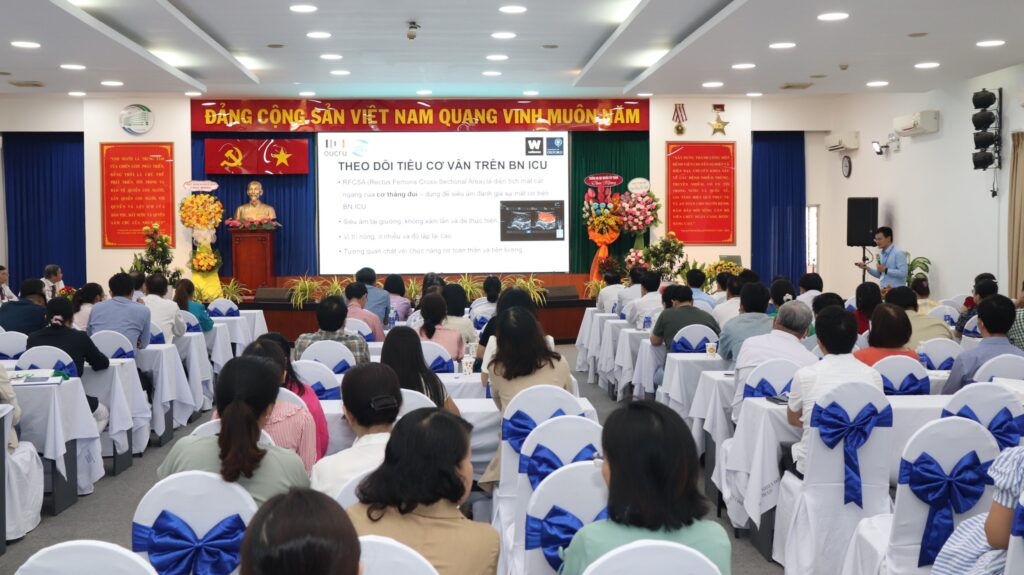
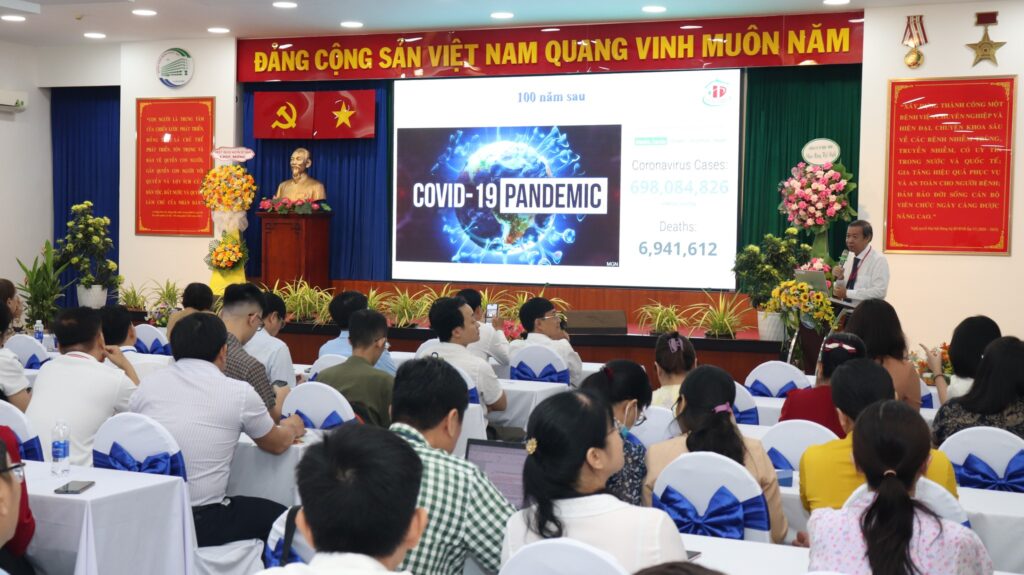

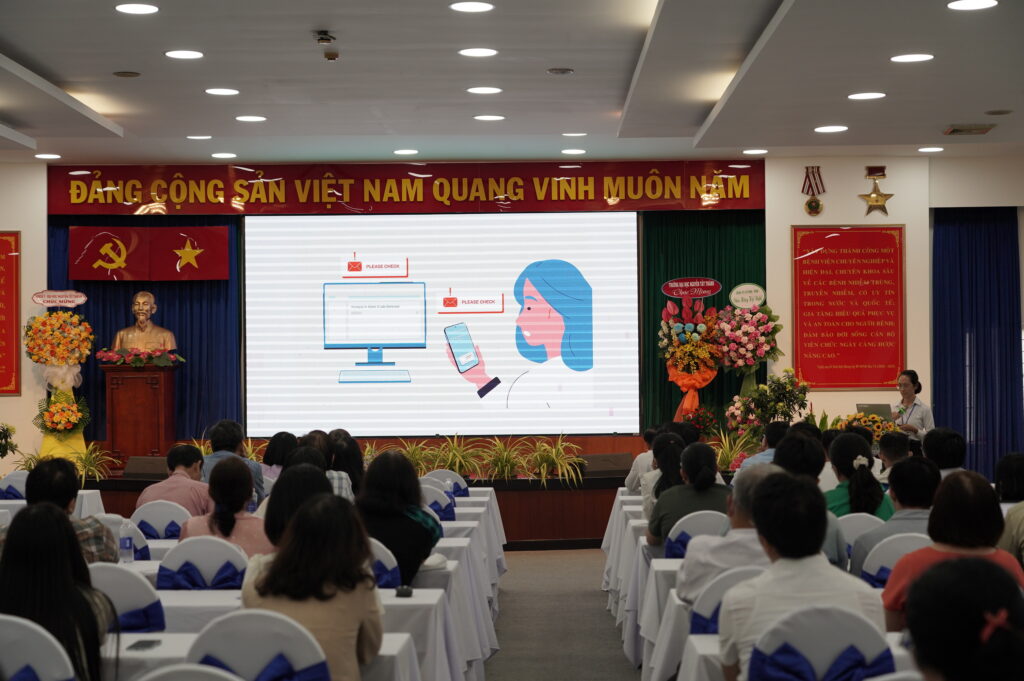
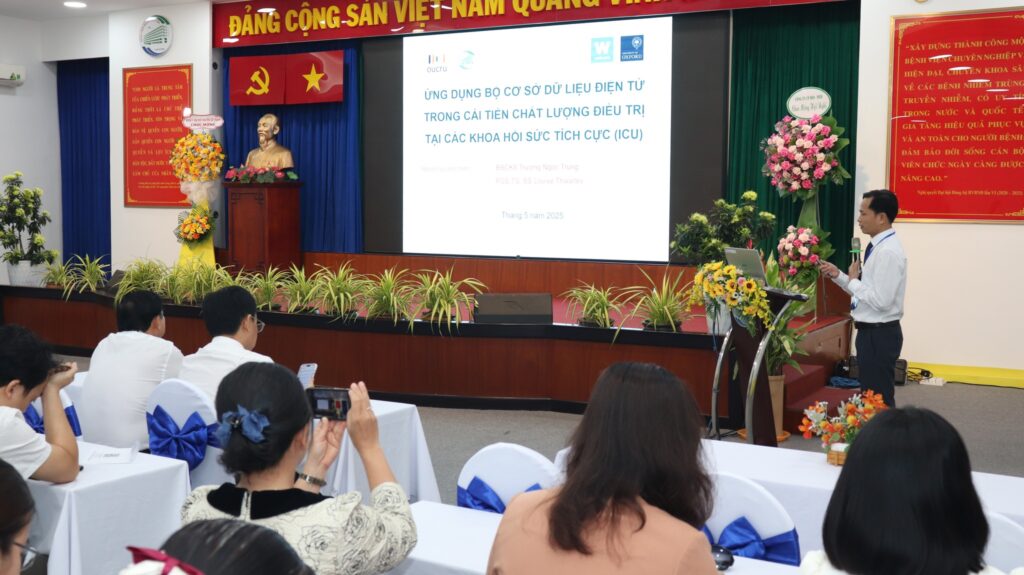
Attendees also got a hands-on look at some of these tools in action: bedside ultrasound devices, AI-powered wearable risk monitors, and real-time intensive care data systems.
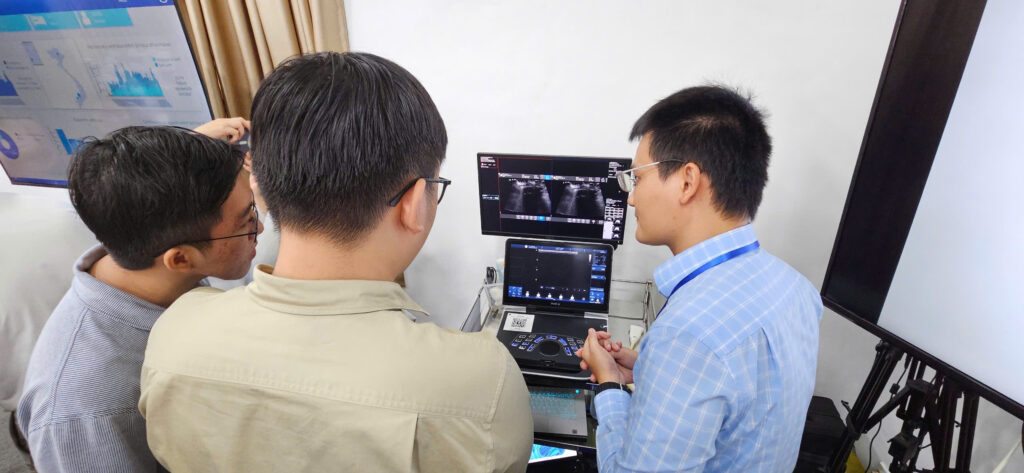
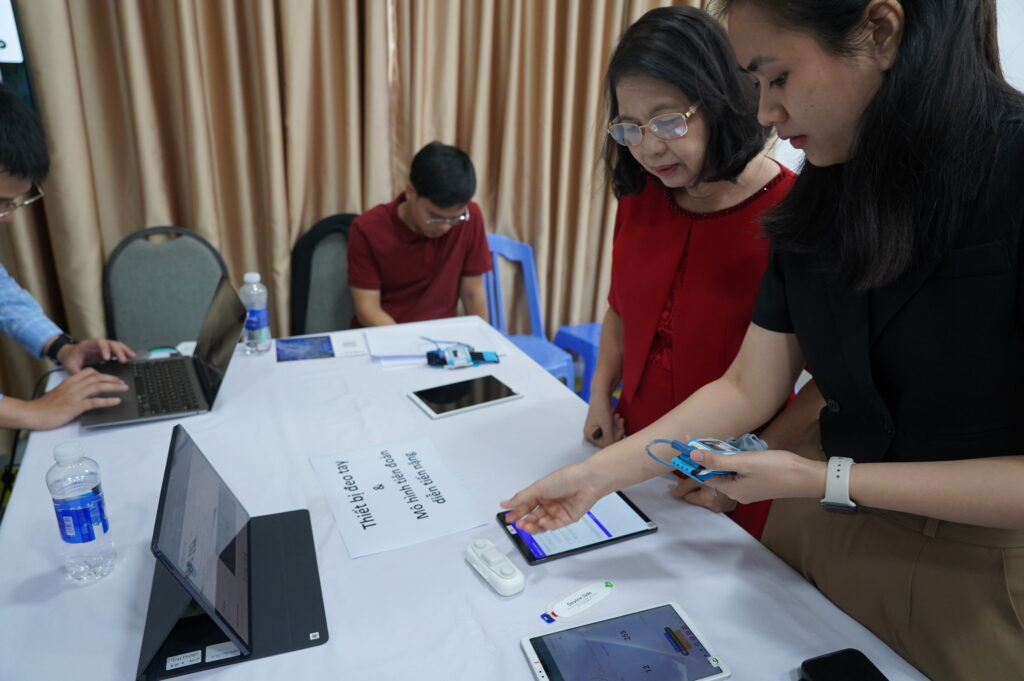
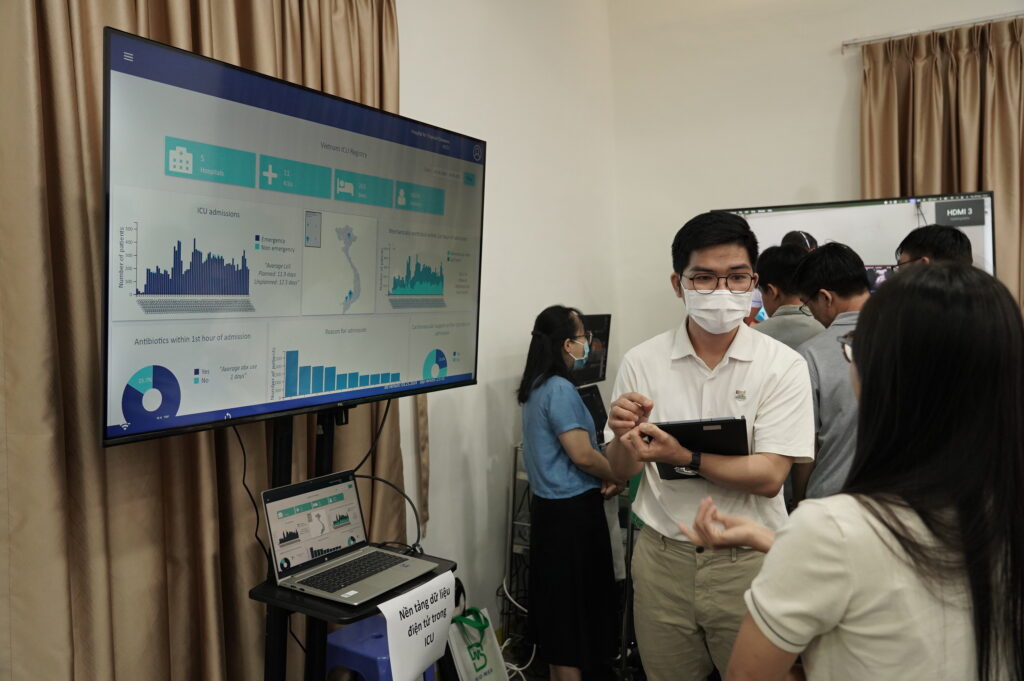
For OUCRU and partners, the conference was more than a showcase of research – it was a reaffirmation of what science should be: collaborative, practical, and driven by the needs of the community it serves. As Vietnam advances with digital health transformation, events like this are a reminder that innovation works best when it’s built from the ground up – with expertise, technology, and compassion working side by side.



